人類の経済活動が環境危機を招き、地球を破壊しています。
資本主義の際限なき利潤追求のスキームを止めなければ、地球の寿命はますます短くなってしまうと思いますが、それでは、脱経済成長に転換した世界に明るい未来はあるのでしょうか。
そんな、難しい命題に対して解決策を提示した本である、斉藤幸平さんの ”人新世(ひと・しんせい) の資本論” から、著者の考える新しい資本論を紹介してみたいと思います。
斉藤さんは、脱経済成長スキームを実現するためには、資本主義を捨て、共産主義のエッセンスを取り入れたコミュニズムを取り入れることを提案しています。
これを、脱成長コミュニズムと呼ばれていますが、この考え方は、共産主義者であったマルクスが晩年に残した研究ノートからヒントを得られたそうです。
脱成長コミュニズムには五つの柱があるので、それぞれ説明してみたいと思います。
使用価値経済への転換 … 使用価値に重きをおいた経済に転換して、大量生産・大量消費から脱却する
資本主義の第一目的である、商品の価値増大から、商品の使用価値に転換して、生産を社会的な計画のもとに行う。別の言い方をすると、GDPの増大を目指すのではなく、人々の基本的ニーズを満たすことを重視する。つまり、消費主義を捨てて、人々の繁栄にとって、より必要なものの生産へと切り替え、同時に、自己抑制をしていく。
労働時間の短縮 … 使用価値経済への転換により、生産のダイナミクスは大きく変わる。金儲けのためだけの、意味のない仕事を大幅に減らすことになるからである
マーケティング、広告、パッyケージングなどによって人々の欲望を不必要に喚起することは禁止される。必要のないものを作るのをやめれば、社会全体の総労働時間は大幅に削減できる。労働時間を減らすことは、人々の生活にとっても、また自然環境にとっても好ましい影響をもたらす。その分、QOL(Quaklity of Life) の向上を目指していく。
画一的な分業の廃止 … 画一的な労働をもたらす分業を廃止して、労働の創造性を回復させる
労働時間が短縮されても、労働の中身が退屈で辛いものであってはいけない。余暇としての自由時間を増やすだけでなく、労働をより創造的な、自己実現の活動に変えていく必要がある。そのためには、画一的な分業を廃止して、人々が多種多様な労働に従事できる生産現場の設計が好ましい。経済成長のための効率性や生産性優先ではなく、やりがいや助け合い、自己実現が優先される労働に変えていく。
生産過程の民主化 … 生産のプロセスの民主化を進めて、経済を減速させる
使用価値に重きを置き、労働時間を短縮するために、開放的技術を導入していこう。そのためには労働者達が生産における意思決定権を握る必要がある(ピケティの社会的所有論)。社会的所有により、生産手段を<コモン>として民主的に管理するのだ。なにを、どれだけ、どうやって生産するかについて、民主的に意思決定を行う。強制的な力のない状態での意見調整には時間がかかる。社会的共有がもたらす変化は、意思決定の減速なのである。コミュニズムは、労働者や地球に優しい新たな開放的技術を<コモン>として発展させることを目指していくのだ。
エッセンシャル・ワークの重視 … 使用価値経済に転換し、労働集約型のエッセンシャル・ワークの重視を
一般的に、機械化が困難で、人間が労働しないといけない部門を、「労働集約型産業」と呼ぶ。ケア労働などはその典型である。脱成長コミュニズムは、この労働集約型産業を重視する社会に転換します。例えば、介護福祉士は単にマニュアルに即して、食事や着替えや入浴の介助を行うだけではない。日々の悩みの相談に乗り、信頼関係を構築するとともに、わずかな変化から体調や心の状態を見てとり、ケースバイケースで対処する必要がある。保育士や教師も同様だ。こうした特性から、ケア労働は「感情労働」と呼ばれる。感情労働は、一人の労働者が扱う対象人数を二倍、三倍にしていくという形で生産性を増大することができない。時間をかける必要があり、何よりもサービスの受給者がスピードアップを望んでいないのだ。
少し長くなりましたが、以上が、斉藤幸平さんが提唱された、脱成長コミュニズムの五つの柱になります。
私自身、SDGsに興味を持ち、数年後には大学院で環境イノベーターコースの勉強をする計画を立てていますが、この本は、まさに今の世の中のシステムを180度変えるためにイノベーティブな発想が大切になってくることを教えてくれたと感じています。
脱経済成長の社会モデルに関しては、これからもこのブログでも取り上げていきたいと思いますので、私自身もますます勉強していきたいと思っています。
(English)
Humanity’s economic activities are causing an environmental crisis and destroying the earth.
If we don’t stop the endless profit-seeking schemes of capitalism, the life span of the earth will become shorter and shorter, but then, will there be a bright future for a world that has shifted to de-economic growth?
I would like to introduce the author’s new theory of capital from the book “Capitalism in the Anthropocene” written by Kohei Saito, a book that presents a solution to such a difficult question.
Mr. Saito proposes that in order to realize a de-economic growth scheme, we should abandon capitalism and adopt communism that incorporates the essence of communism.
This idea is called de-growth communism, and was inspired by the research notes left by Marx, a communist, in his later years.
Degrowth communism has five pillars, which I would like to explain in detail.
A shift to a use-value economy … Shift to a use-value based economy and get rid of mass production and mass consumption.
The primary objective of capitalism is to shift from increasing the value of commodities to the use value of commodities, and to make production based on social planning. In other words, instead of aiming to increase GDP, we should focus on satisfying people’s basic needs. In other words, we will abandon consumerism and switch to the production of things that are more necessary for people’s prosperity, while at the same time restraining ourselves.
Shorter working hours … With the shift to a use-value economy, the dynamics of production will change dramatically. … the shift to a use-value economy will significantly change the dynamics of production, as it will drastically reduce the amount of meaningless work that is only done to make money.
Unnecessarily arousing people’s desires through marketing, advertising, packaged caging, etc. will be prohibited. If we stop making things we don’t need, we can drastically reduce the total working hours of the entire society. Reducing working hours will have a positive impact on people’s lives as well as on the natural environment. In turn, we will aim to improve the quality of life (QOL).
Abolition of the uniform division of labor … Restore creativity in labor by abolishing the division of labor that leads to uniformity.
Even if working hours are shortened, the content of work should not be boring and painful. It is necessary not only to increase free time as leisure time, but also to transform labor into a more creative and self-fulfilling activity. In order to achieve this, it is preferable to design production sites that allow people to engage in a wide variety of labor by abolishing the uniform division of labor. Rather than prioritizing efficiency and productivity for the sake of economic growth, we need to change to labor where satisfaction, mutual help, and self-realization are prioritized.
Democratization of the production process … Slow down the economy by democratizing the process of production.
Let’s introduce open technology to emphasize use value and reduce working hours. To do this, workers need to take decision-making power in production (Piketty’s theory of social ownership). Through social ownership, we can democratically manage the means of production as a “common”. Decisions are made democratically about what to produce, how much to produce, and how to produce it. It takes time to adjust opinions in the absence of coercive power. The change that social sharing brings is a slowing down of decision making. Communism will aim to develop new, open technologies that are friendly to workers and the planet as <Common>.
Emphasis on essential work … A shift to a use-value economy and emphasis on labor-intensive essential workIn general, sectors that are difficult to mechanize and require human labor are called “labor-intensive industries. Care work is a typical example. De-growth communism will transform society into one that emphasizes this labor-intensive industry. For example, care workers do not merely provide assistance with eating, dressing, and bathing according to a manual. They need to consult with the patients about their daily problems, build a relationship of trust, observe the slightest changes in their physical and mental conditions, and deal with them on a case-by-case basis. The same goes for childcare workers and teachers. Because of these characteristics, care work is called “emotional labor. Emotional labor cannot increase productivity in the form of doubling or tripling the number of people handled by a single worker. It needs to be time-consuming, and most importantly, the recipients of the service do not want to speed up the process.
This is a bit lengthy, but these are the five pillars of de-growth communism as proposed by Kohei Saito.
I myself am interested in the SDGs and plan to study the Environmental Innovator Course at a graduate school in a few years, and I feel that this book has taught me the importance of innovative thinking in order to make a 180-degree change in the current world system.
I would like to continue discussing the social model of de-economic growth in this blog, and I would like to learn more about it myself.


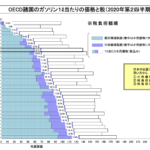
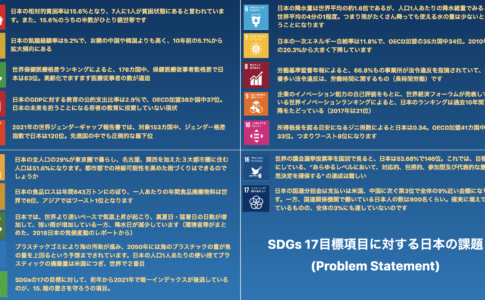
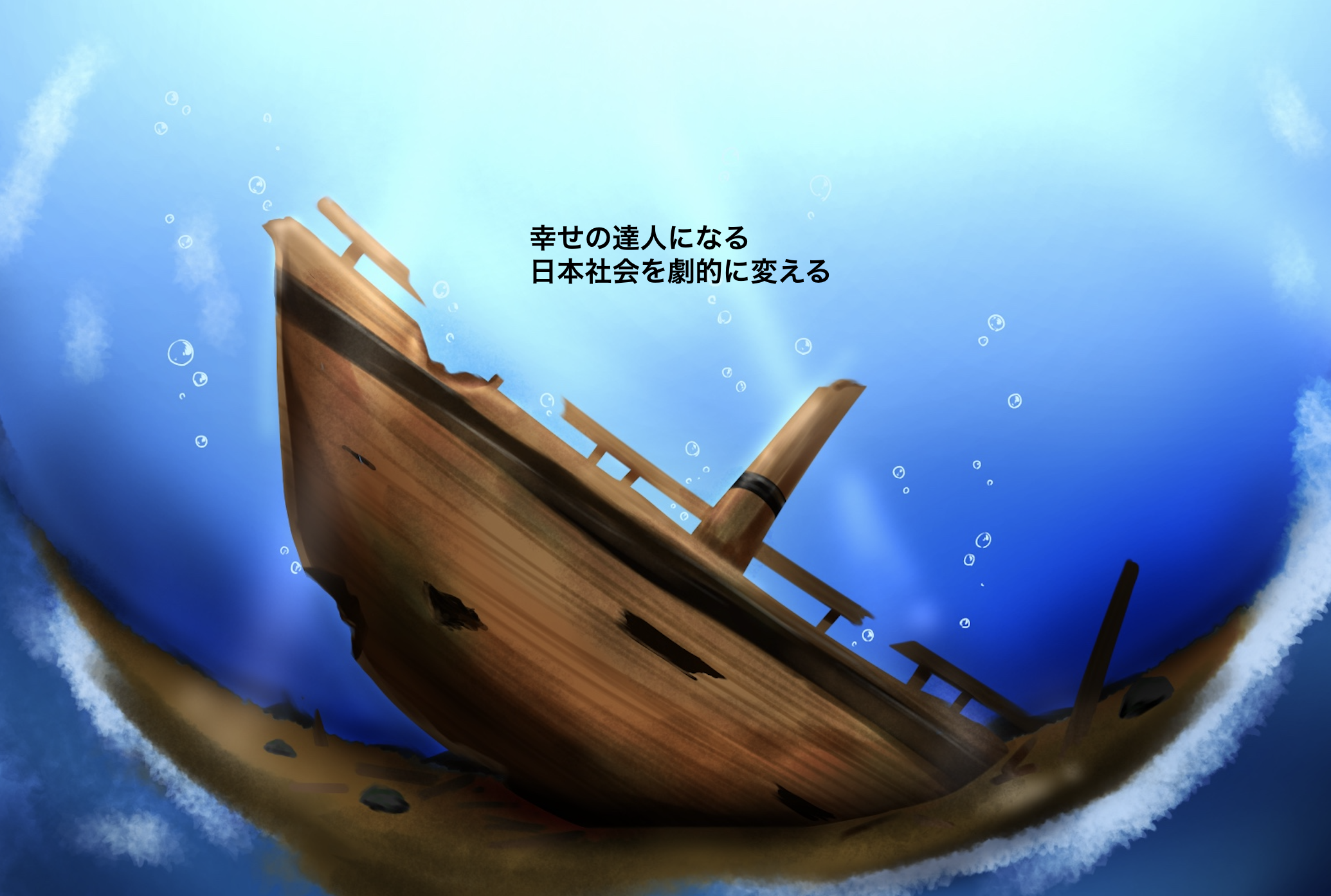
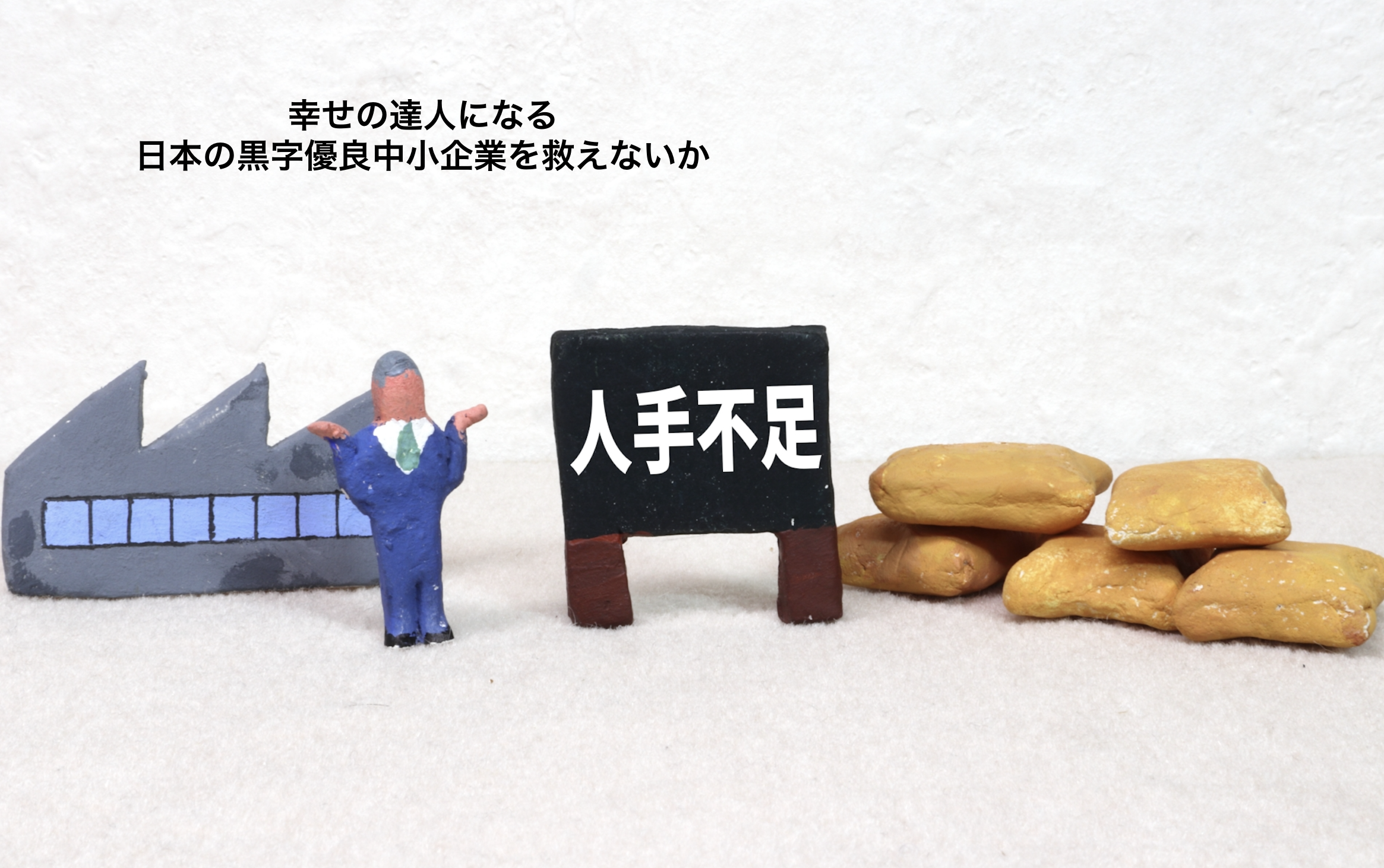

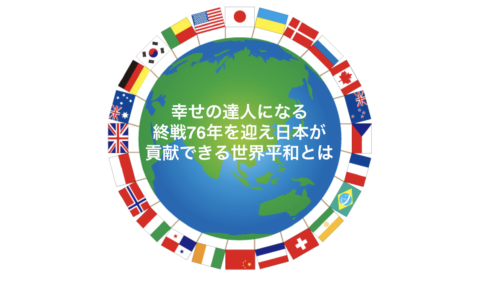

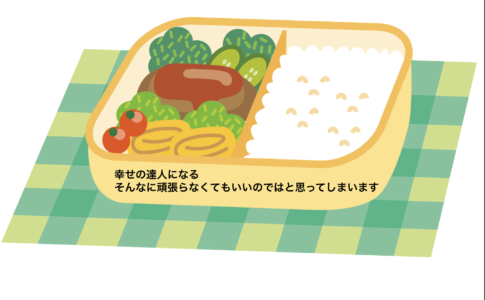
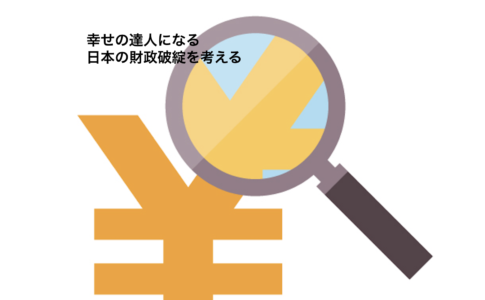
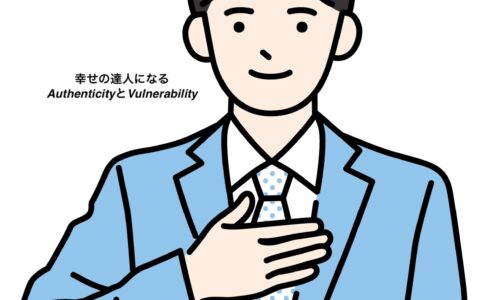

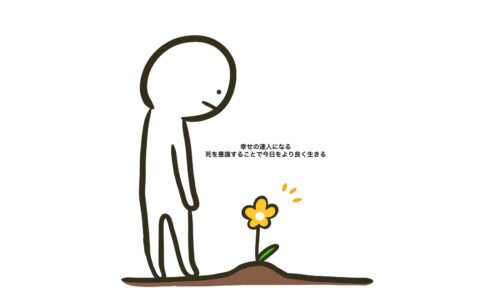
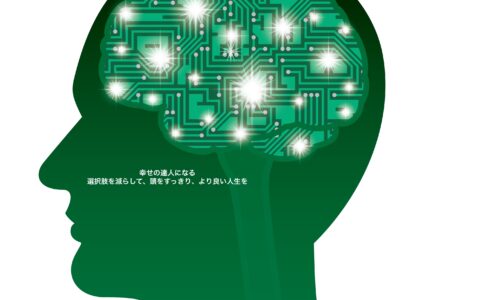

今日は、斉藤幸平さんの著作、「人新世の資本論」の紹介です。